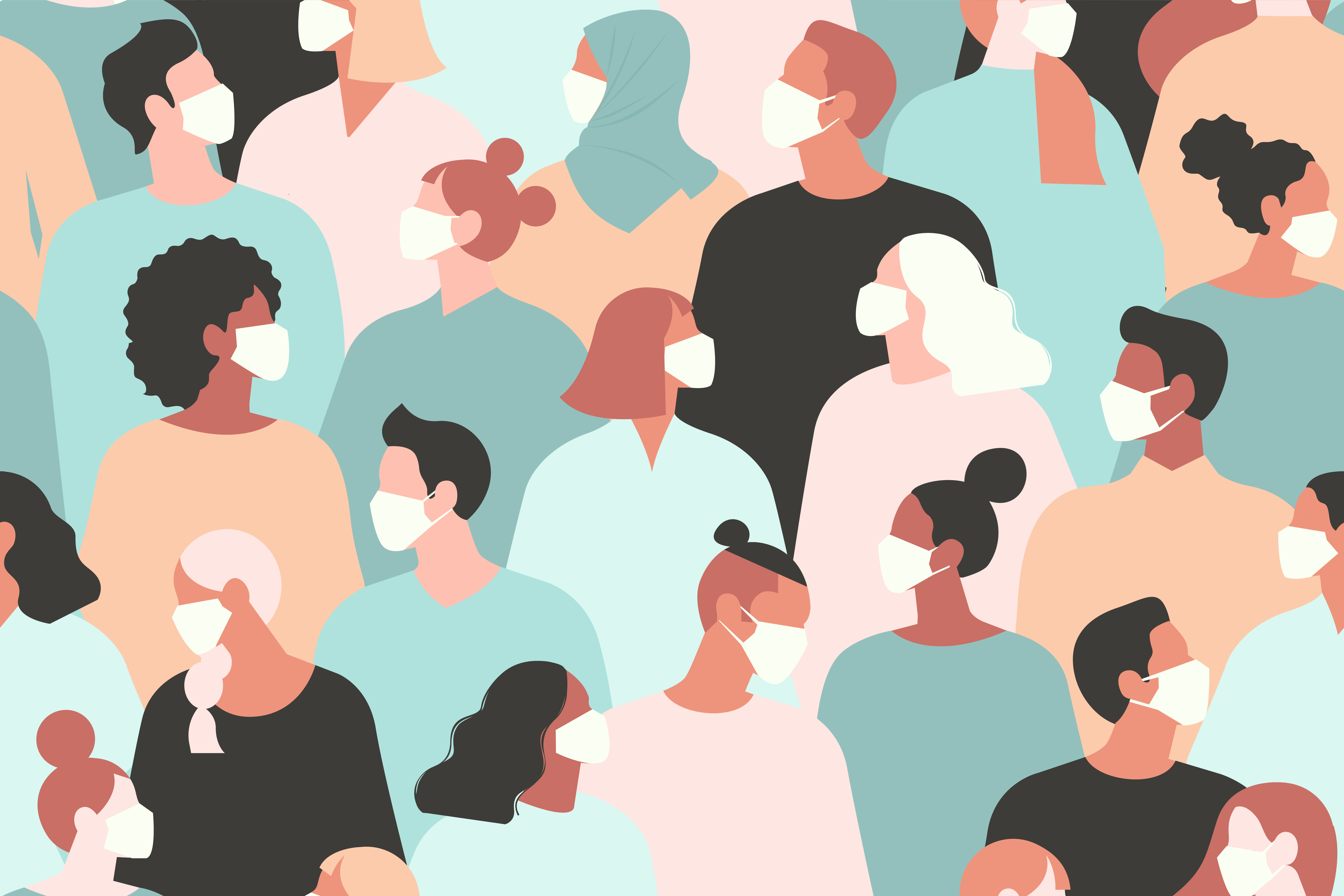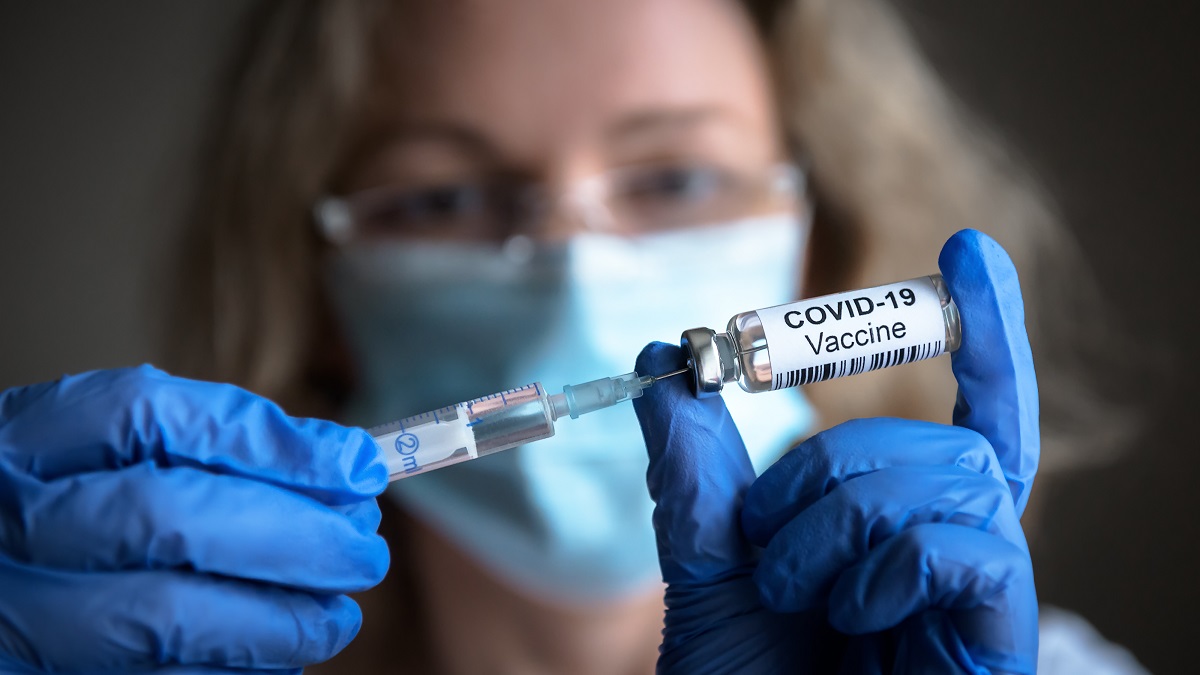A new study from doctors at Johns Hopkins found COVID-19 likely remains a risk for a certain segment of the population, organ transplant recipients, even after two doses of the mRNA vaccines.
Those findings may have transplant patients feeling like the pandemic is far from over.
“I definitely can’t let my guard down,” said Lara Govendo, who lives near Burlington, Vermont.
In 2017, Govendo received a double lung transplant for her cystic fibrosis, and has to be on lifelong medications just to keep her body from rejecting her new lungs.
Get New England news, weather forecasts and entertainment stories to your inbox. Sign up for NECN newsletters.
Those meds weaken Govendo’s immune system, so it’s expected that vaccines designed to trigger an immune response would be less effective in her body.
“We’re not going to build the immunity that people with normal immune systems will,” she said.
COVID vaccines have given most people a welcome glimpse of a return to life as it used to be.
“It feels really nice to finally get the vaccine and know that all of us are finally going back to normal, hopefully,” said Devin Deets, a St. Michael’s College student who received his vaccine Thursday at a clinic held at the athletic complex on campus.
However, for Govendo, “normal” still seems a long way off.
“I’m still going to be isolated, really,” she predicted, explaining she’ll continue physically distancing even after the start of July, when all restrictions in Vermont on gathering sizes and other coronavirus prevention measures are expected to be lifted.
A new Johns Hopkins study looking at protection levels from the Pfizer and Moderna shots in more than 650 transplant recipients suggests COVID-19 is likely still a threat to many patients like Govendo, even after two doses.
Researchers found participants had antibodies well below what they would see in someone who is not on those immune system-suppressing drugs, according to the study published online this week by the Journal of the American Medical Association.
Dr. Mark Levine, the commissioner of the Vermont Department of Health, called the findings about organ transplant recipients a reminder that risk varies widely throughout the population.
Transplant recipients can receive a certain measure of protection from the vaccines, he said, even if it turns out to be less than what someone in the general population may obtain.
“Look out for one another,” he said, urging everyone to stay vigilant about beating back the spread the virus through commonsense measures like staying home if you’re not feeling well, washing your hands and seeking a vaccine now that they are widely available.
“To rally up all the Vermonters who have yet to get their shot, the higher the rate of vaccination we have in the state, the less virus is ever going to be around,” Levine said.
Govendo, who writes about her journey with cystic fibrosis on her Facebook page, said she is truly grateful to anyone who is still doing their part to prevent COVID-19 infections.
“We haven’t eradicated it yet — it’s still a thing, and we have to treat it like that, too,” the organ transplant recipient said.
The Johns Hopkins researchers suggest future studies focus on ways to increase antibody activity in the population of transplant recipients.
According to the organ and tissue donation advocates at Donate Life America, more than 750,000 transplants have taken place since 1988.
For more information on getting the COVID-19 vaccine in Vermont, including locations of walk-in vaccine clinics, visit this Health Department website.



